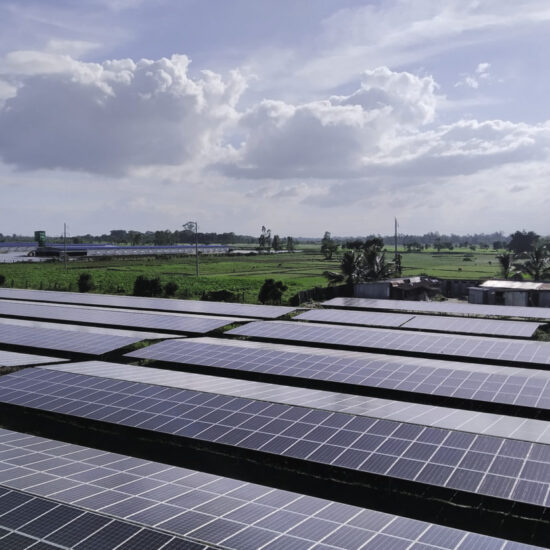
The anticipated price hike in cooking oil and other edible oils that are mostly imported into Zambia has been postponed by two more months to end of the year from 31 December 2021, coinciding with the start of the new budget cycle for 2022.
The eminent increase in prices of cooking and other edible oils was anticipated after the initial statutory Instrument – S.I. that was issued by the former ruling Patriotic Front – PF government suspended the collection of customs and excise duty expired.
Finance Minister Situmbeko Musokotwane under the now ruling United Party for National Development – UPND has signed off or re-issued another S.I. that has re-imposed the suspension of customs and excise from 1st November 2021 to 31st December 2021.
The current edible and cooking oil prices on the market are not reflective of real market prices as government is losing on budgeted revenue from the levies on the imports of the various edible oil products.
Unless another S.I. is again re-issued in January 2022, the price of cooking and other edible oils will go up as international prices have also been on the rise from the second and third quarter of the year . The 2022 budget and the impending International Monetary Fund – IMF will make it even impossible to avoid a price increase as the ministry of finance would have signed off on stringent local revenue mobilization conditionality’s.
The Crushers and Edible Oil Refiners Association (CEDORA) had revealed to the Zambian Business Times – ZBT that cooking oil prices were about to go up due to the significant increase in global shipping costs and various other challenges being encountered with shipping and the global supply chain in September 2021. See ZBT article Cooking oil price hike looms
CEDORA had further told ZBT that the statutory instrument – SI that temporarily suspended import duty on edible oils expired at end of October 2021 and attributed this expiry to have been behind market price instability of the commodity see ZBT article on Indecision on cooking oil import duty fuels price instability







